ID Students Use AI to Design for Human Wellbeing in Milan
By Yiwen Teng
June 17, 2024
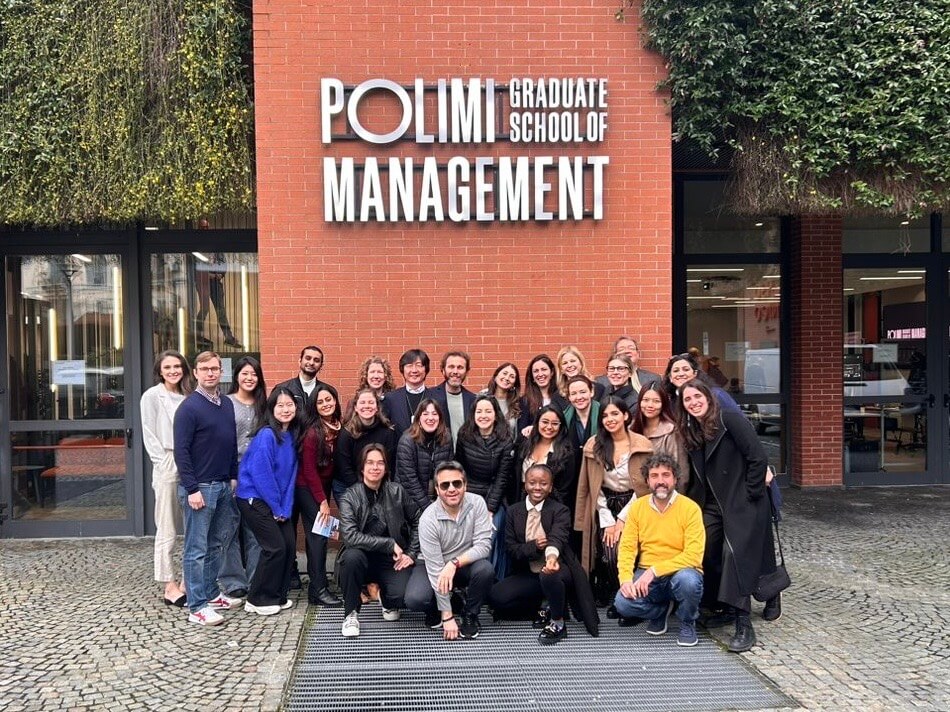
Milan, a city with a rich history and culture, is also home to the innovative Politecnico di Milano (PoliMi), known for its forward-thinking approach.
In fall 2023, ID hosted PoliMi in Chicago for its second AI + Design Immersion. This spring, it was ID’s turn to visit Milan. I was lucky enough to be among the cohort of 22 next-gen designers at the PoliMi-hosted spring 2024 AI + Design Immersion, in which PoliMi encouraged students to use AI to address future human well-being.
Designing for human well-being focuses on meeting the holistic health needs of people, ensuring that the design results are functional while promoting mental, emotional, social as well as physical health.
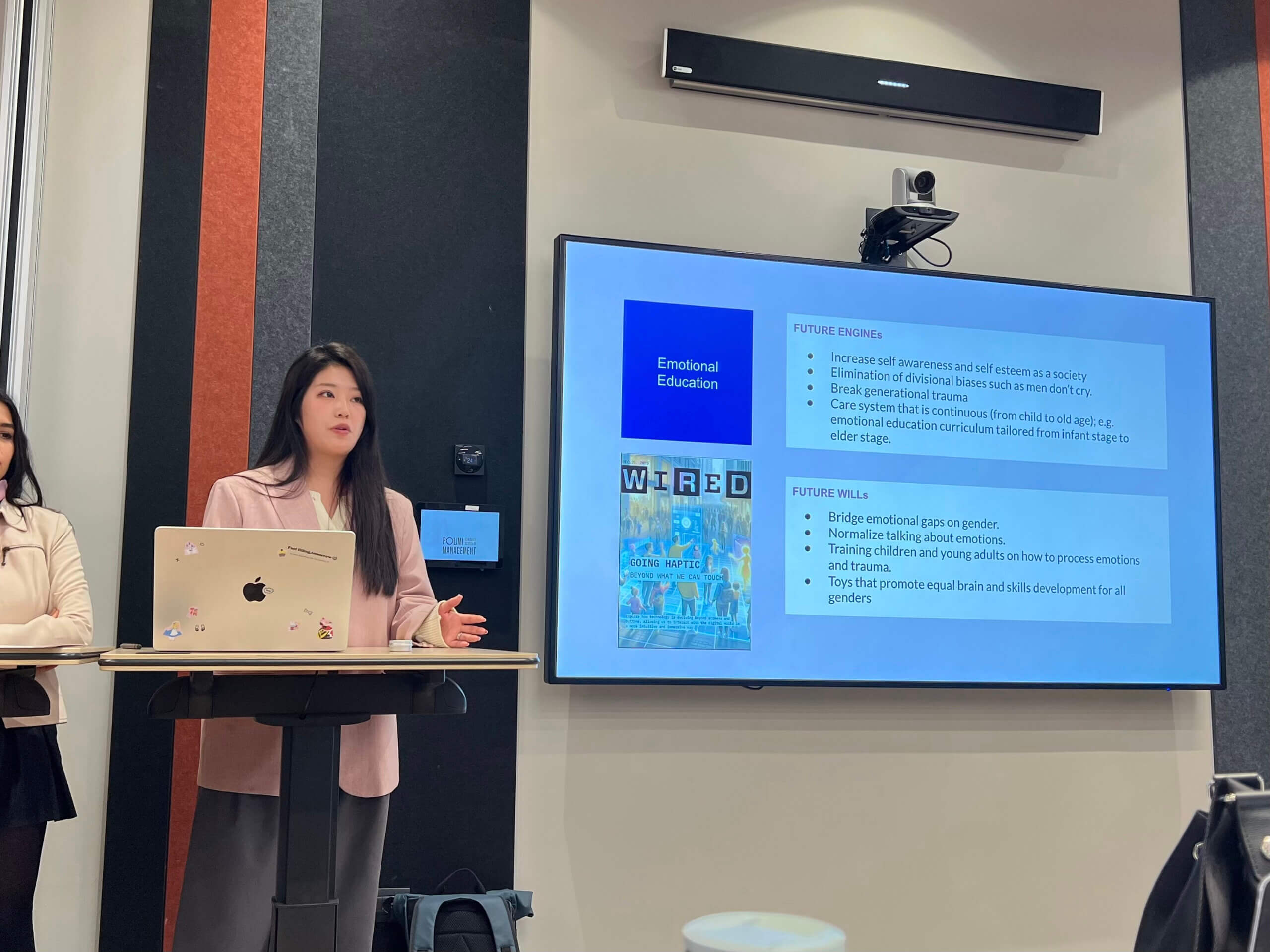
Final Presentations (with SDIT2024 Participants)
Over the course of a week, I joined other ID and PoliMi students in insightful business tours and engaging workshops. We visited companies like Il Prisma and MIDA, where we explored their approaches to workplace and employee wellbeing. These visits featured leading figures in the design world, including Peter Skillman, the Global Head of Design at Philips, and Monica Dalla Riva, VP of Design & Customer Experience at Deutsche Telekom. Their visions for designing intuitive and transformative user experiences prioritize empathy and wellbeing, show how a deep understanding of human wellbeing can lead to environments and experiences that enhance both satisfaction and productivity.
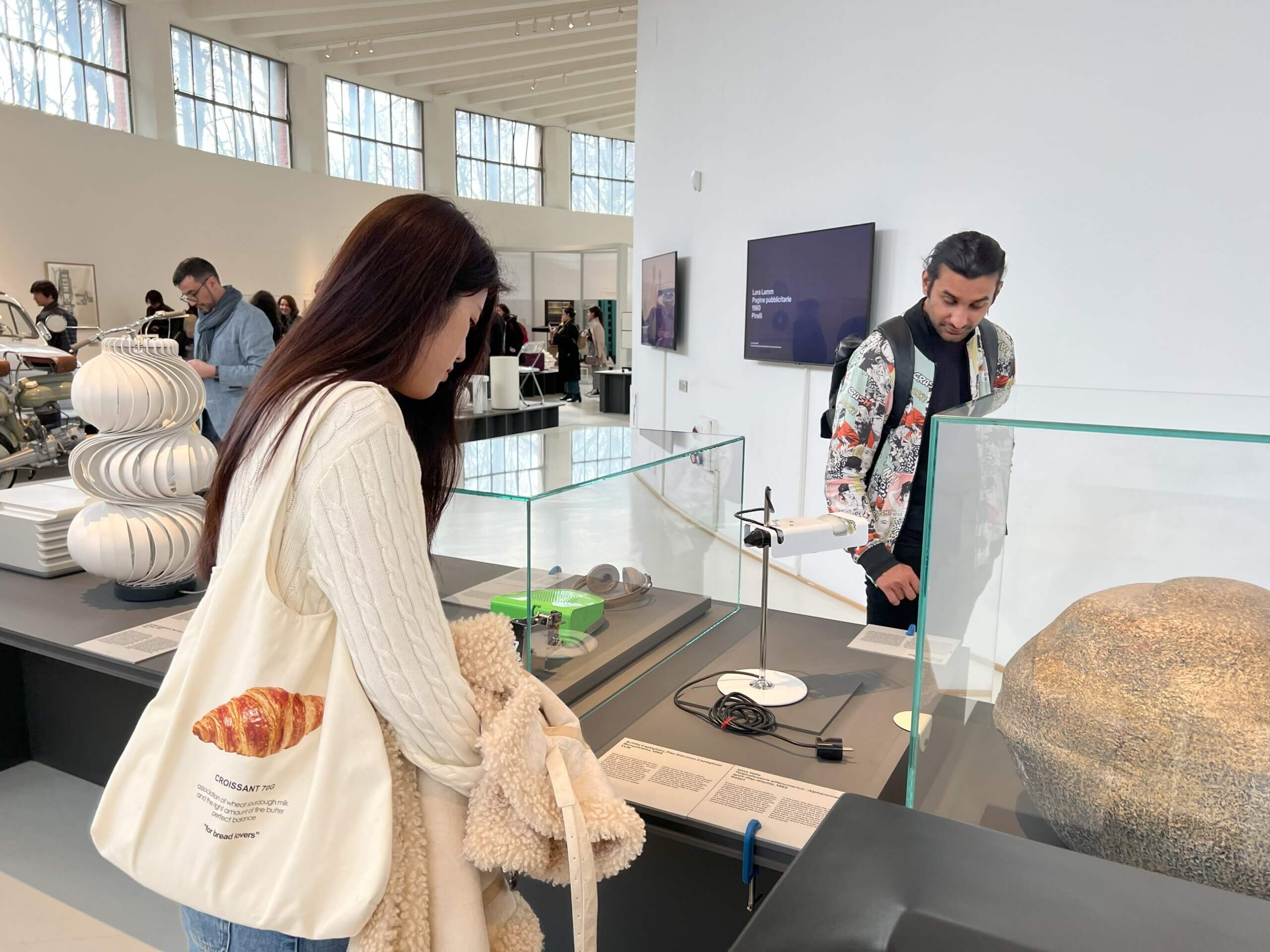
Cultural Visit at Triennale Milano
An important part of our learning came through hands-on daily workshops where we delved into strategic design and innovation methodologies. During these sessions, we absorbed knowledge about future trends and forces and applied this knowledge to craft design solutions. This process challenged our creativity and problem-solving skills. Over the week, we participated in several structured workshops. Each focused on different aspects of designing for the future. One notable session was “Sense Breaking Future Engines,” in which we dissected various ‘future engines’—key trends and technologies that could drive change. We learned how to break down these complex systems into understandable components, which helped us envision how they could be harnessed to enhance human well-being.
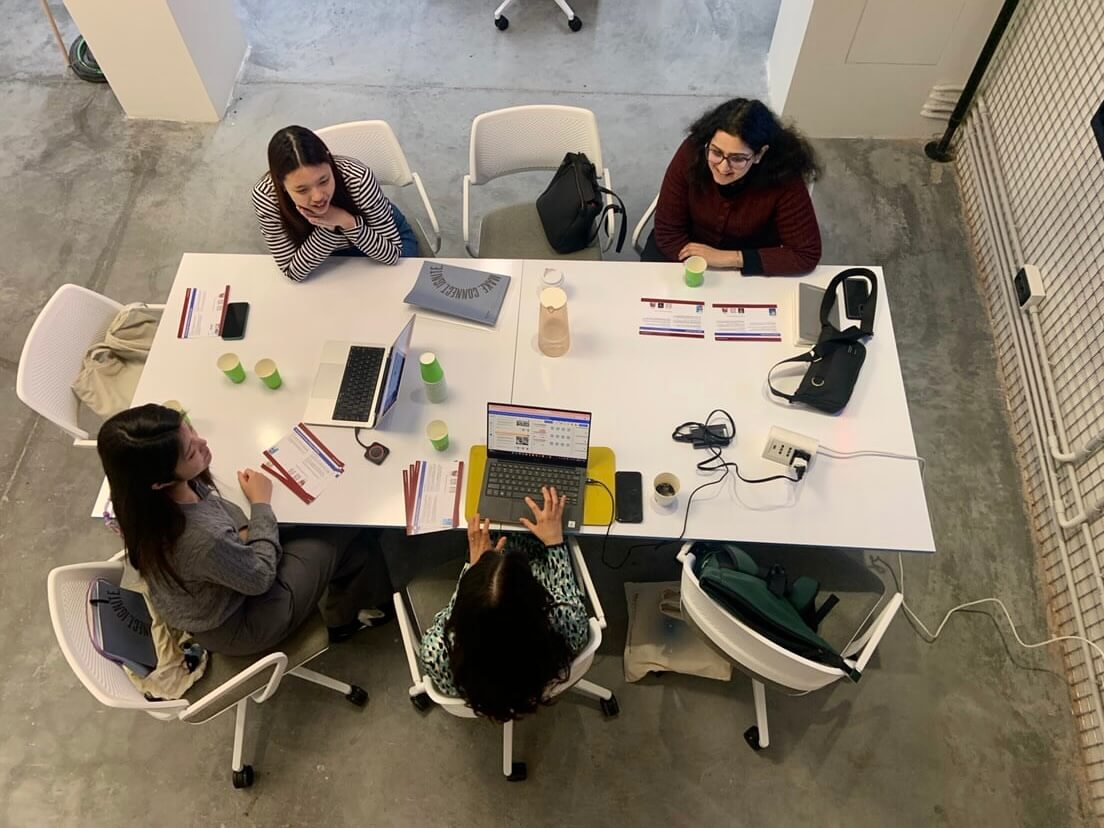
Workshop Sessions
We also used various AI tools during the workshop. Experimenting with this cutting-edge technology led us to push the boundaries of traditional design processes and enhanced our abilities to effectively predict and meet future needs.
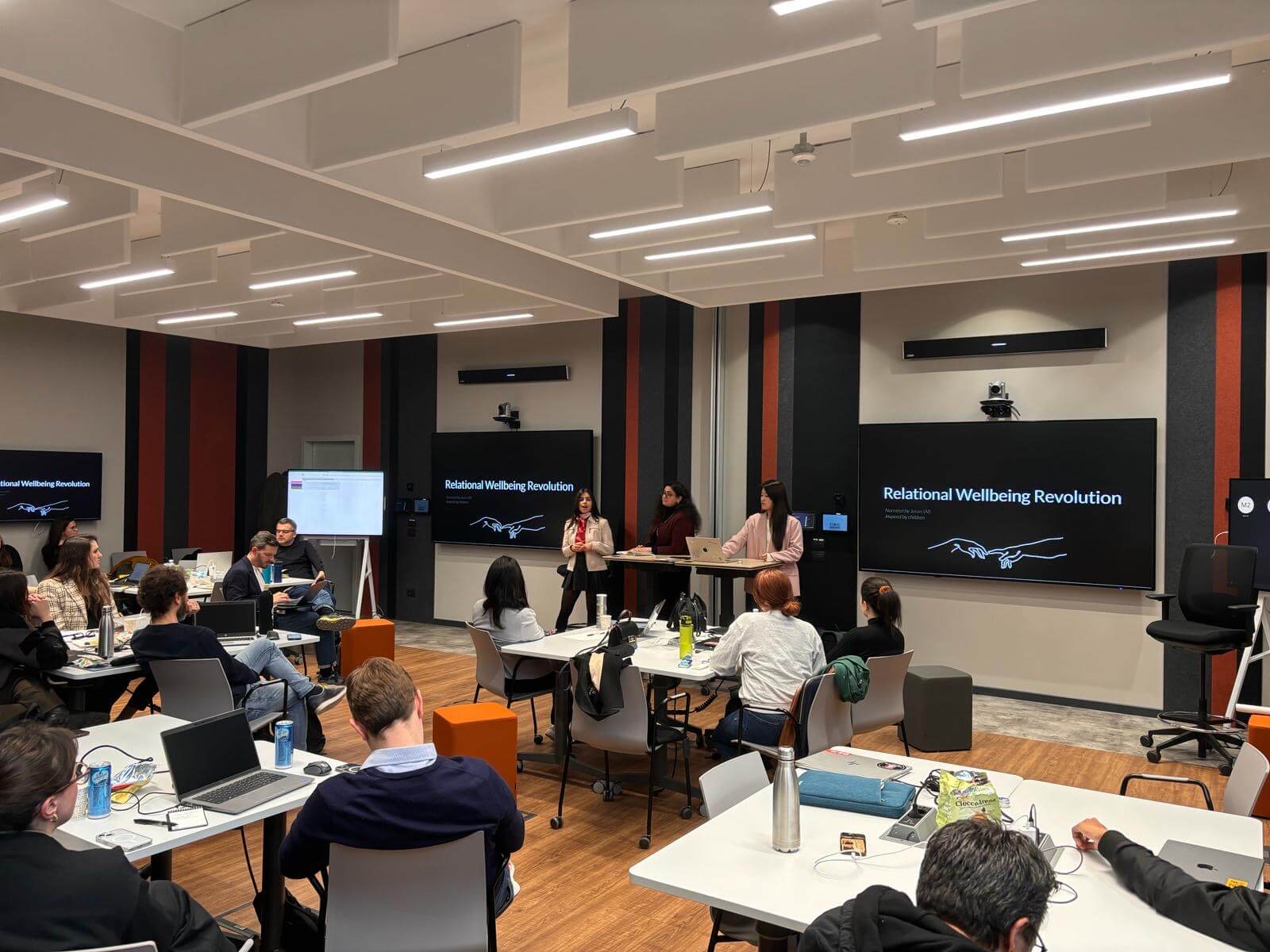
Final Presentations (with SDIT2024 Participants)
For me, this immersion was both an educational experience and an incredible journey. It’s shaped my understanding of the role of human-centered design in an increasingly AI-driven world. I’ll carry forward these lessons, ready to apply them as a designer dedicated to making a positive impact on the world.